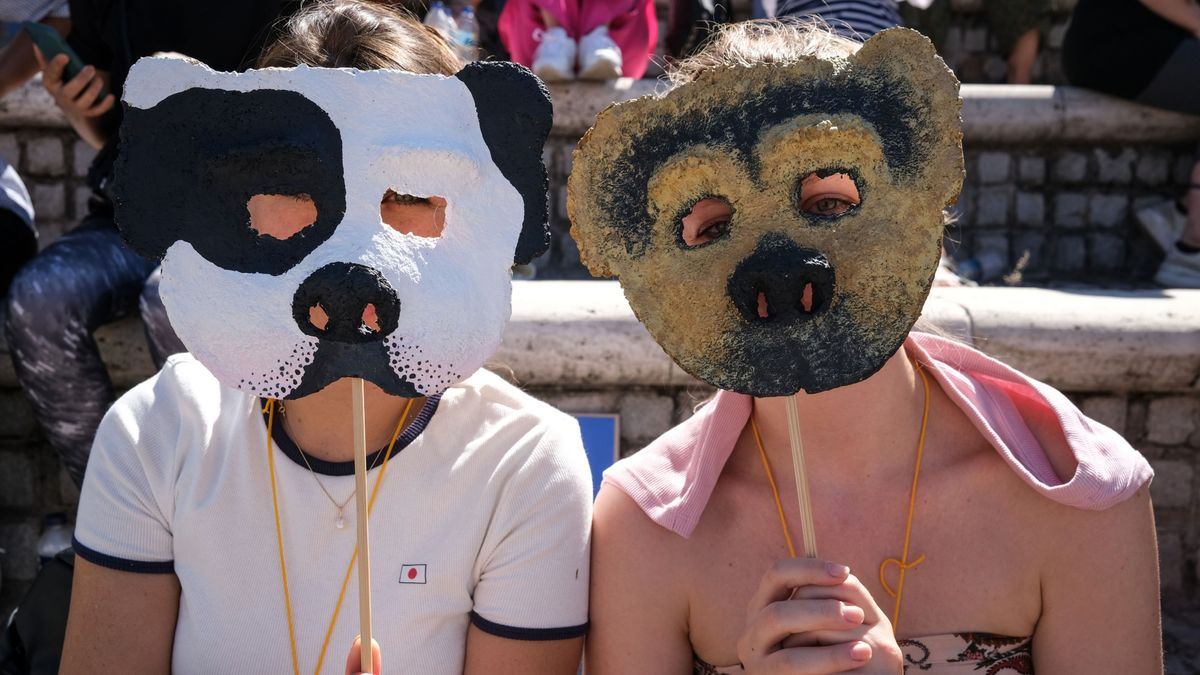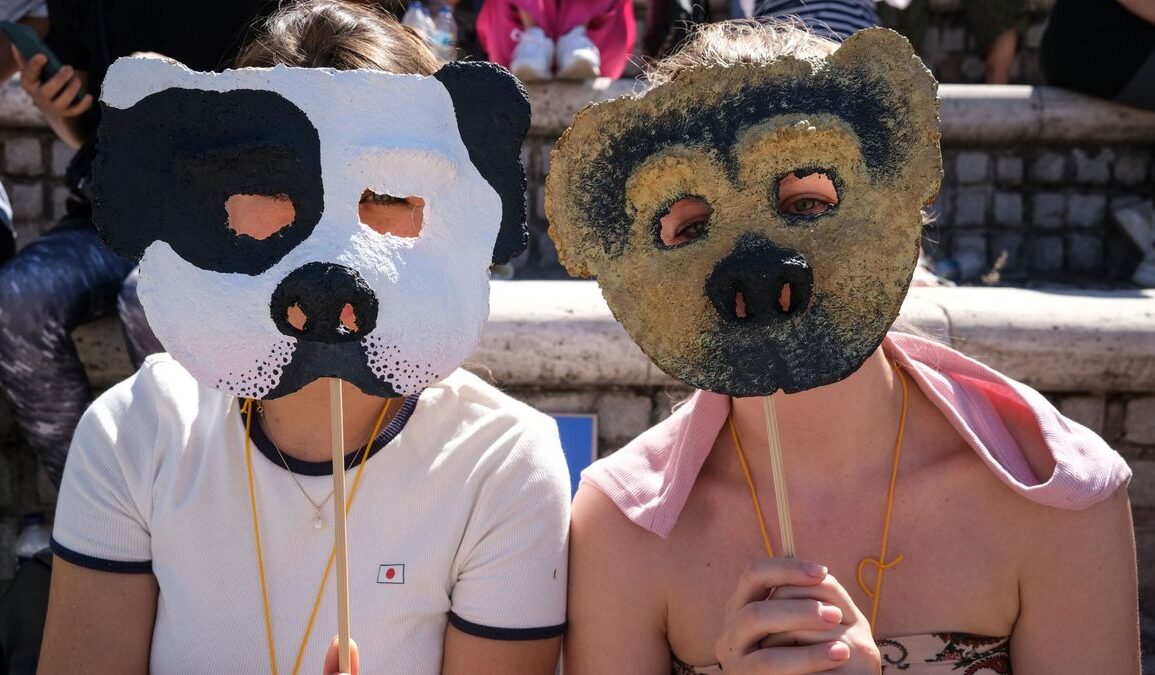Thousands took to the streets in protest after Turkey approved what activists have dubbed a “massacre law” to curb its stray dog population.
Last week, the Turkish national assembly approved legislation, drawn up by the ruling conservative AK Party, which would force municipalities to round up stray dogs and house them in shelters. The dogs would be neutered and put up for adoption – but any that are terminally ill, infectious or aggressive would be killed.
It’s this latter stipluation that many animal rights activists – and opposition lawmakers – believe would lead to widespread euthanasia. Turkey’s President Recep Tayyip Erdoğan described that as “the opposition’s provocations and campaigns based on lies and distortions”.
Subscribe to The Week
Escape your echo chamber. Get the facts behind the news, plus analysis from multiple perspectives.
SUBSCRIBE & SAVE
Sign up for The Week’s Free Newsletters
From our morning news briefing to a weekly Good News Newsletter, get the best of The Week delivered directly to your inbox.
From our morning news briefing to a weekly Good News Newsletter, get the best of The Week delivered directly to your inbox.
The assembly has “listened to the people”, the president said. But the law, approved by 275 votes to 224, has clearly “touched a raw nerve in Turkey”, said Reuters, and sparked similar protests across Europe and international calls for a tourism boycott.
The history of stray dogs in Turkey
Turkey has a unique and long-standing relationship with its stray dogs. An estimated four million of them roam the streets, often cared for by volunteers and residents who put out “makeshift shelters, food and water”, said Reuters. Less than 3% of citizens support putting them down, according to one survey.
“This culture in which street animals are accepted and socialised into urban life has fascinated, enchanted and sometimes repelled visitors to Istanbul for centuries,” said Turkey-based writer Alexander Christie-Miller in The Guardian.
Turkey is “perhaps the only country in the world where stray animals have a legal right to inhabit the street” – thanks, in large part, to a law passed by Erdoğan in 2004. But their presence has “long served as a proxy for broader social debates”.
Indeed, those debates have been “raging for two centuries”, said The Times. In the early Ottoman period, street animals were “cherished and protected”, in deference to an Islamic verse that “commands” good treatment of animals. Laws against animal abuse were passed in the 16th century, and the world’s first veterinary hospital opened in Bursa in the 19th. But in the late Ottoman period, “social and political attitudes began to shift”.
Modernisation and Westernisation led to “round-ups of street animals”. In 1910, 80,000 dogs were taken from the streets of Istanbul to an island in the Sea of Marmara, “where they starved to death”.
Now, citizens are “divided” between those who believe the dogs are “dangerous and dirty”, and those who “insist they are an integral part” of Turkish culture.
The ‘radical’ solution
In recent years, the government has tried to curb the rapidly growing stray dog population. An estimated 2.5 million dogs have been neutered over the past 20 years. Although most are harmless, a “growing number are congregating in packs”, said The Independent. They can be aggressive, particularly unsterilised males.
One association campaigning for the legislation said at least 75 people, including 44 children, had been killed as a result of dog attacks or traffic accidents caused by dogs since 2022 – including the head of the association’s nine-year-old daughter. Mahra Pinar was run over after fleeing from two dogs in 2022.
This year Erdoğan called for a “radical solution”, proposing to capture all the dogs and kill any that weren’t rehomed within 30 days. The new legislation passed is a slightly watered-down version, specifying that only certain dogs can be culled and the rest kept in shelters. “This is not a ‘massacre’ law,” said the agriculture and rural affairs minister İbrahim Yumaklı. “This is an ‘adoption’ law.”
But there are only 322 shelters in Turkey, with capacity for 105,000 dogs, according to the bill. Those shelters are “full to the brim”, said The Telegraph. It’s hard to see where “millions more dogs would be housed”. Where would cash-strapped municipalities find the money to build new ones? Activists say it’s “highly likely” that dogs would be “slaughtered by way of loopholes”.
Hundreds gathered in Istanbul’s Şişhane Square. “Your massacre law is just a piece of paper for us,” the organisers said. “We will write the law on the streets. Life and solidarity, not hatred and hostility, will win.”
Some believe that the controversy serves as a distraction from Turkey’s cost of living crisis and rampant inflation. Others say the legislation could be used to target the opposition, who made huge gains in this year’s local elections. The bill carries penalties for mayors who fail to uphold it – prison sentences of up to two years.
The opposition Republican People’s Party (CHP) said it would appeal in Turkey’s supreme court. “You have made a law that is morally, conscientiously and legally broken,” said Murat Emir, a senior deputy. “You cannot wash your hands of blood.”
This post was originally published on this site be sure to check out more of their content.














































